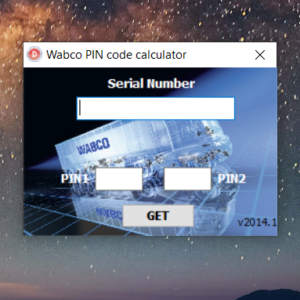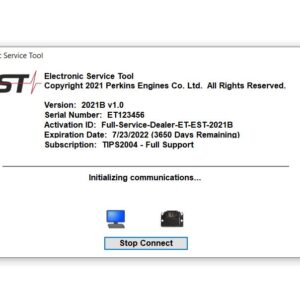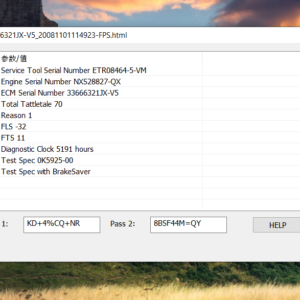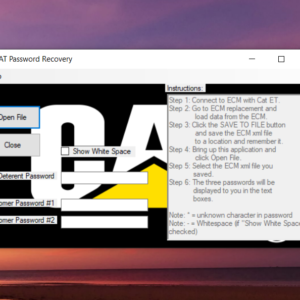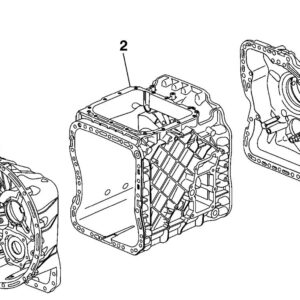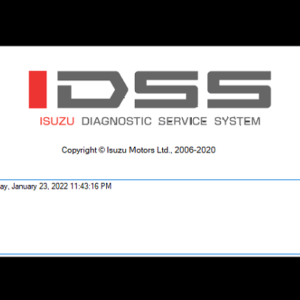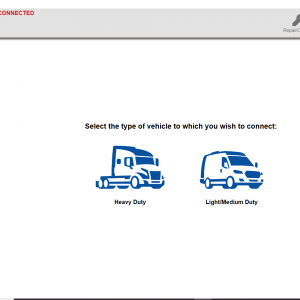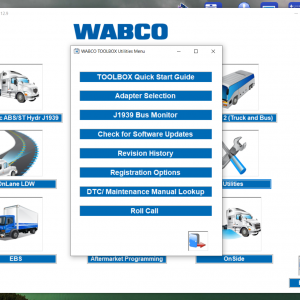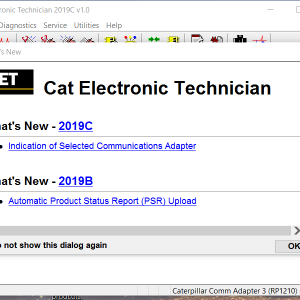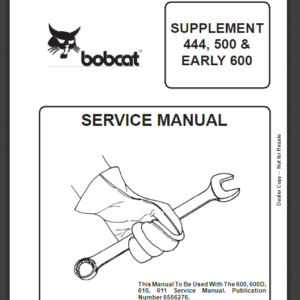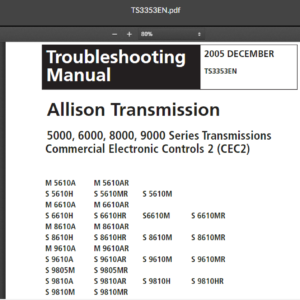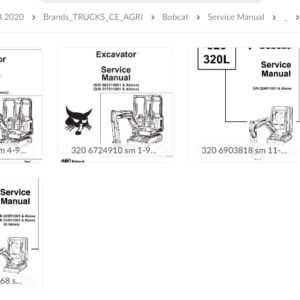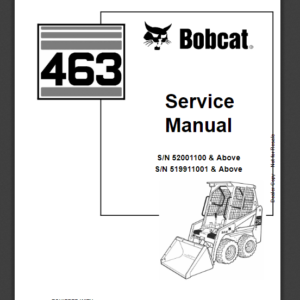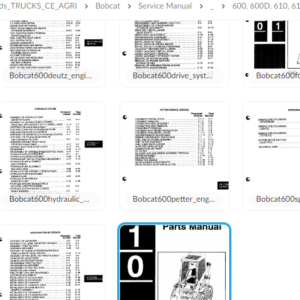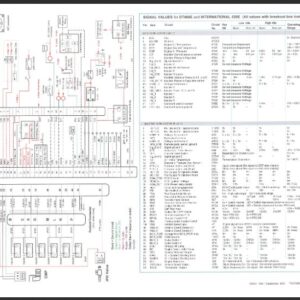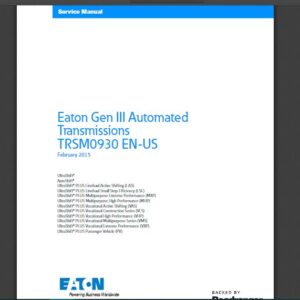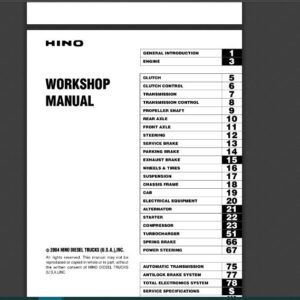Cummins ISB6.7 CM2350 (2013-17) Fault Code: 195-2 Wire PID: 2559 SPN: 111 FMI: 3 Coolant Level Sensor 1 Circuit- Voltage Above Normal or Shorted to High Source
Cummins ISB6.7 CM2350 (2013-17) Fault Code: 195-2 Wire PID: 2559 SPN: 111 FMI: 3 Coolant Level Sensor 1 Circuit- Voltage Above Normal or Shorted to High Source
Circuit Description
The coolant level sensor is a switch and is used to measure the level of the engine coolant in the radiator top tank. The coolant level sensor is immersed in the coolant and returns a different signal voltage when immersed in coolant versus being out of coolant. The engine control module (ECM) monitors the change in the signal voltage to determine the level of the engine coolant.
Component Location
The engine coolant level sensor is typically located in the radiator top tank or surge tank. Refer to the OEM service manual for the location.
Conditions for Running the Diagnostics
This diagnostic runs continuously when the keyswitch is in the ON position or when the engine is running.
Conditions for Setting the Fault Codes
The Engine Control Module (ECM) detected the coolant level signal voltage was greater than a calibratible value for more than 1 second.
Action Taken When the Fault Code is Active
1)The ECM illuminates the amber CHECK ENGINE lamp and/or the Malfunction Indicator Lamp (MIL) immediately when the diagnostic runs and fails.
2)No engine protection will be available for low coolant level.
Conditions for Clearing the Fault Code
1)To validate the repair, perform a key cycle, start the engine and let it idle for 1 minute.
2)The fault code status displayed by INSITE? electronic service tool will change to INACTIVE immediately after the diagnostic runs and passes.
3)The ECM will turn off the amber CHECK ENGINE lamp immediately after the diagnostic runs and passes.
4)For On-Board Diagnostics (OBD) engines, the ECM will extinguish the Malfunction Indicator Lamp (MIL) after three consecutive trips where the diagnostic runs and passes.
5)The Reset All Faults command in INSITE? electronic service tool can be used to clear active and inactive faults, as well as extinguish the MIL for OBD applications.
Possible causes:
1) Open return circuit in the engine harness, connectors, or sensor.
2) Signal circuit shorted to sensor supply or battery voltage.
3) Sensor supply circuit shorted to battery voltage.
Reference the appropriate OEM wiring diagram when troubleshooting circuits that utilize wiring supplied by the OEM.
For intermittent power supply and datalink communication issues with Aftertreatment Components, it is highly recommended that the OEM Power Distribution Center fuses and relays be thoroughly checked for loose, missing or intermittent connections.
-
DOWNLOAD Paccar ESA Electronic Service Analyst 5.5.0 Diagnostic Software 2023
PACCAR $96.00Rated 0 out of 5 -
Volvo Impact 2021 Trucks & Buses 06.2021 DVD 9116 Spare Parts Catalog
Trucks software $55.00Rated 0 out of 5
Related products
-
SERVICE MANUAL International Engines DT466E & DT530E (1999 & Older)
INTERNATIONAL ENGINES $31.00Rated 0 out of 5 -
SERVICE MANUAL Eaton Gen III Automated TransmissionsTRSM0930 EN-USOctober 2020
TRUCK MANUALS $24.00Rated 0 out of 5

